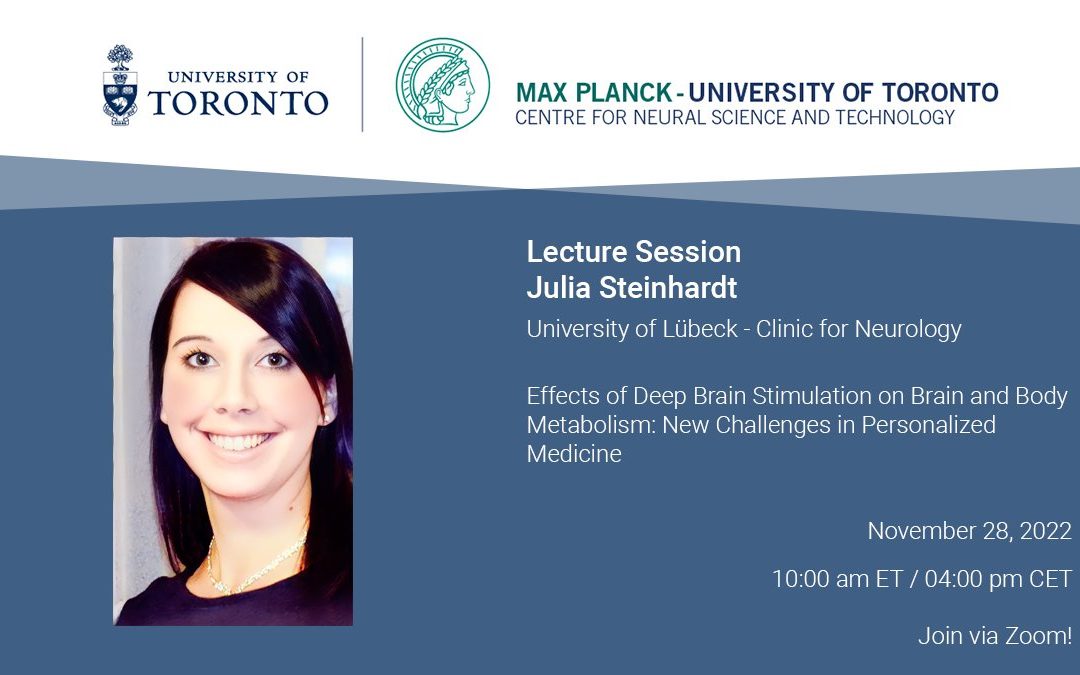Title: Effects of Deep Brain Stimulation on Brain and Body Metabolism: New Challenges in Personalized Medicine
May 30, 2023, 10 – 11 AM, ET or 4 – 5PM, CET at Zoom
Abstract: Neurodegenerative disorders are an increasing global burden and therefore the major health challenge of the 21st century. Most brain diseases are network or circuit disorders in which a certain dysfunction within a circuitry causes the development and expression of functional impairments in individual patients. Although patients may share the same signs, symptoms, or diagnoses, the underlying causal circuit changes can substantially differ from patient to patient. Considering the heterogeneity of neuropathology, disease mechanisms, and diversity of presentation, brain-circuit-based precision medicine is a cornerstone for personalized therapies for movement disorders. Deep brain stimulation (DBS) is a well-established and effective treatment option for movement disorders like Parkinson’s disease (PD), essential tremor, and dystonia. Numerous studies have demonstrated the sustained reduction of both motor and non-motor symptoms and, in particular, the consecutive improvement in quality of life in patients with PD. While the use of DBS is steadily increasing, certain target symptoms and potential side effects are persistently considered as therapeutic challenges. Very common side effects of DBS are body weight and body fat mass gain, as well as alterations in peripheral metabolism in patients with PD. Currently, our treatment strategies do not sufficiently address these treatment-specific side effects, although neuromodulation has been undergoing a revolutionary upgrading in the past decades with the focus on multidimensional data-driven approaches to achieve a higher level of individualization in therapy. Innovative and multidisciplinary approaches are needed to address these risks and side effects to prevent adverse health implications and to enable better ways of personalized medicine in the future. From the perspective of precision medicine, one of the key considerations in DBS is to select the most effective target area individually. Therefore, growing knowledge of individual DBS effects allows for better patient counseling and selection with the goal of satisfactory therapy. This talk aims to discuss the potential of stimulation-based precision medicine in movement disorders to address chances and challenges in the field of neuromodulation.

